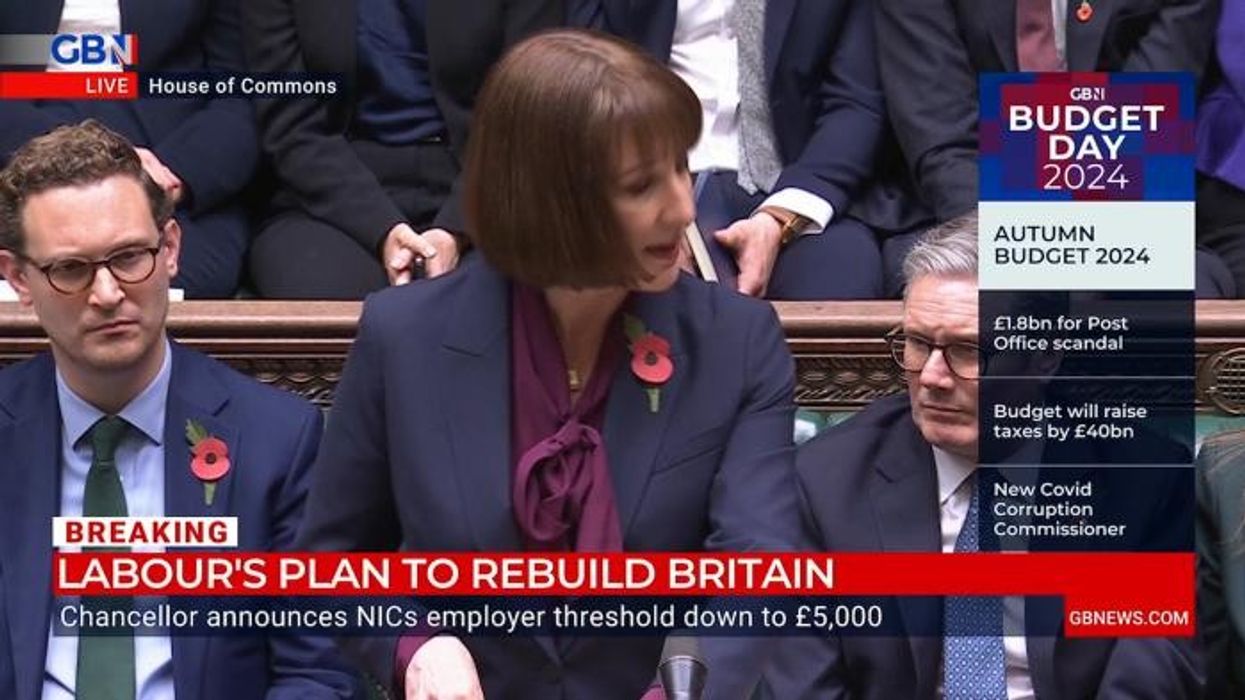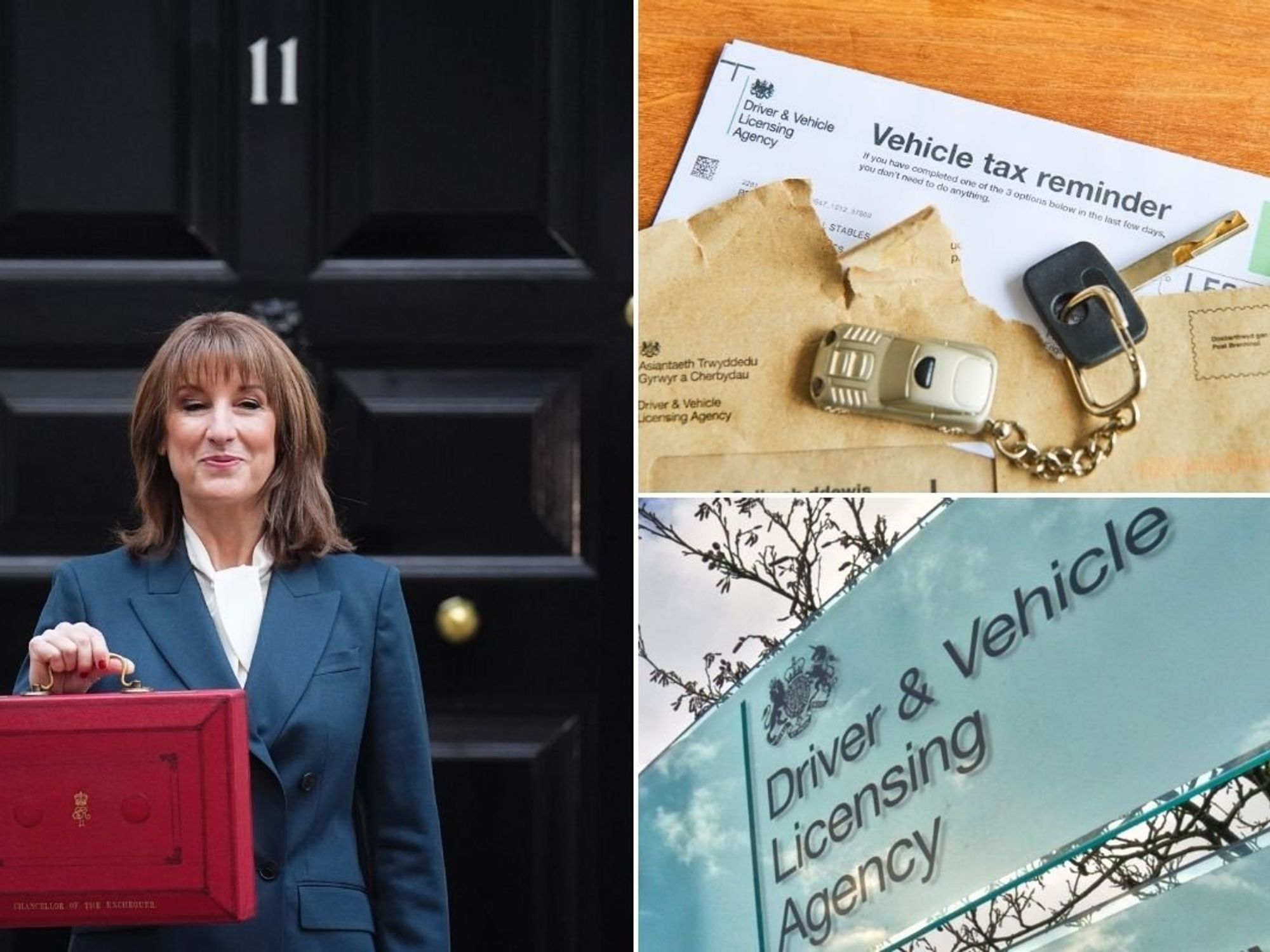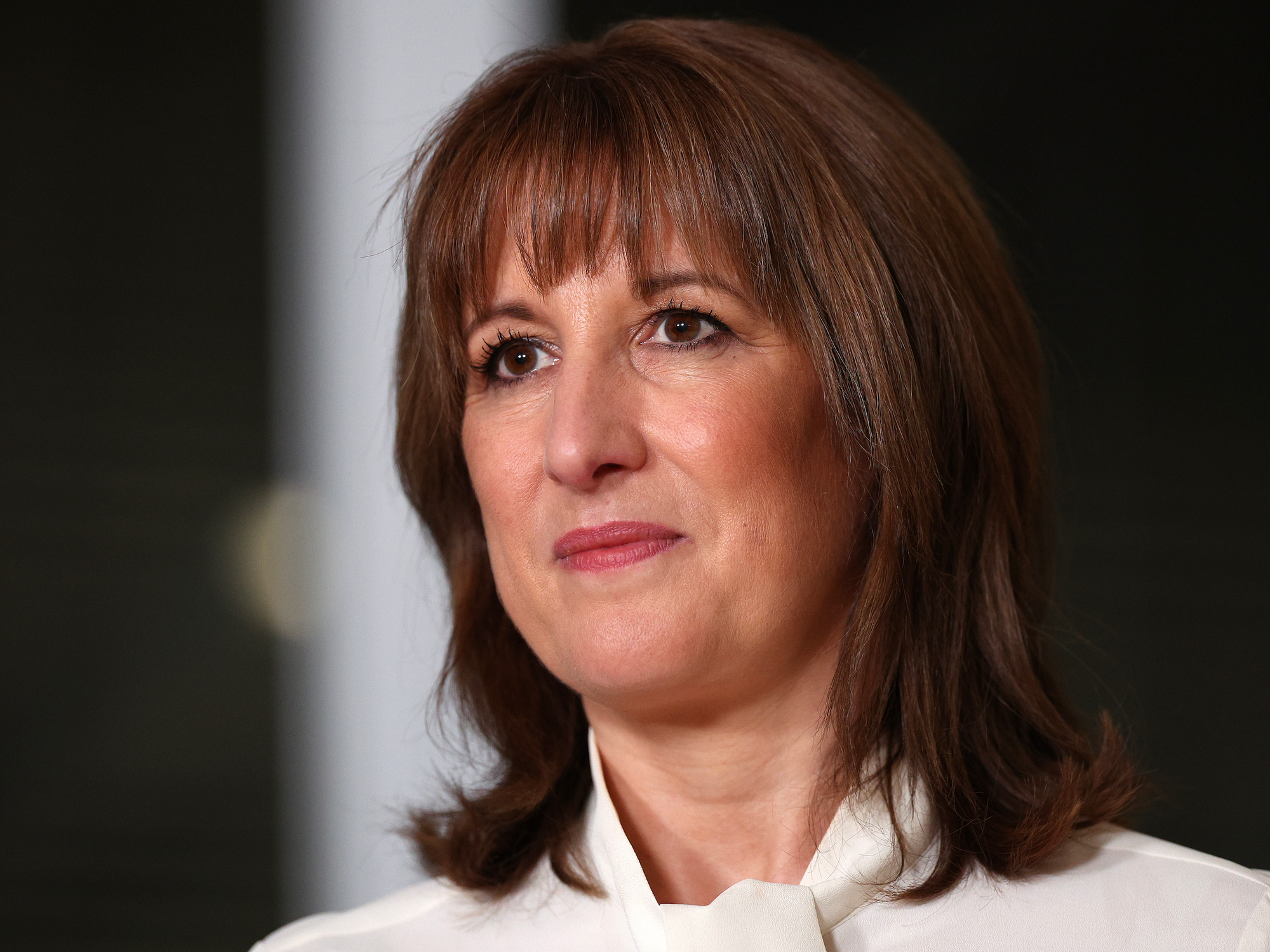British drivers to fork out £16billion under 'controversial' car tax changes launching within days

Electric vehicle owners will have to pay car tax for the first time from April
Don't Miss
Most Read
UK drivers will face a staggering £16billion tax bill after April 1, 2025, as extensive changes to Vehicle Excise Duty come into effect.
The new car tax rates will rise in line with inflation, impacting millions of motorists across the country, with new measures coming in for drivers for the first time.
Analysis reveals that the financial burden will not be distributed evenly, with some regions set to pay significantly more per vehicle than others.
The changes represent one of the most substantial overhauls to vehicle taxation in recent years, including electric vehicle owners having to pay tax for the first time.
Do you have a story you'd like to share? Get in touch by emailing motoring@gbnews.uk
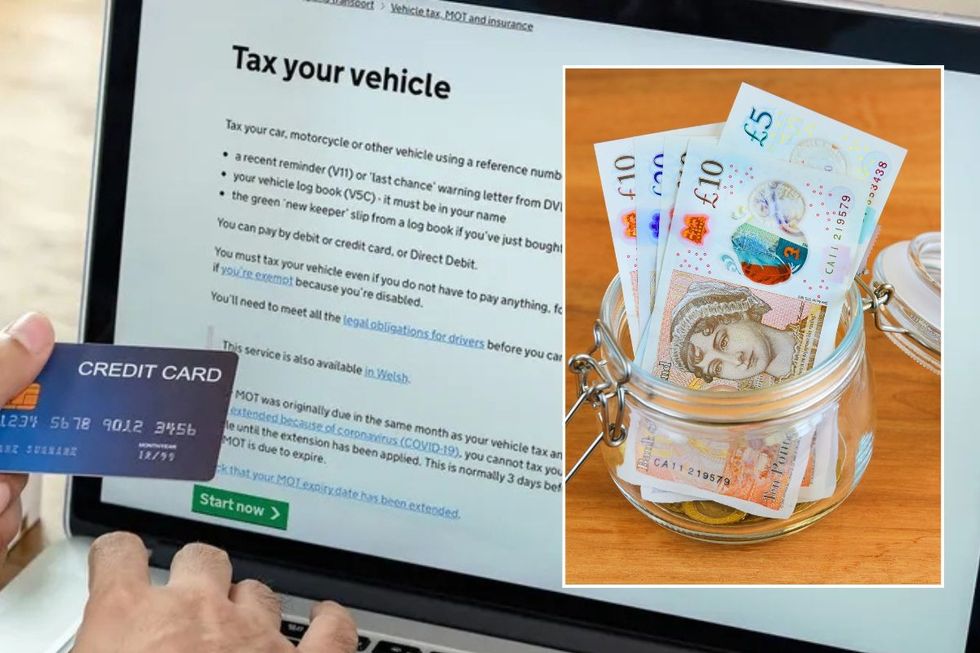
Drivers will fork out billions of pounds under new car tax rules this April
|X/GETTY
As announced by former Conservative Chancellor Jeremy Hunt in the 2022 Autumn Statement, the new rules aim to ensure all road users pay a fair share.
This controversial move to tax electric vehicles is expected to generate an additional £229million in revenue for the Government.
Many drivers who switched to electric vehicles did so with the expectation of lower running costs, including tax exemptions.
The new policy has raised concerns about its potential impact on EV adoption rates across the UK, especially with the ban on new petrol and diesel vehicles being introduced in the coming years.
Urban areas with higher EV ownership will bear the brunt of this new taxation. Critics question whether this change contradicts the Government's stated commitment to encouraging greener transport options.
The timing of the policy has also been scrutinised, coming just as EV uptake was beginning to accelerate nationwide, making up one in four new vehicle registrations in February.
Mike Thompson, motoring expert and COO at Leasing Options, explains the impact: "Introducing VED for EVs is a controversial move that could slow down adoption.
"Many drivers made the switch to electric expecting lower running costs, and this additional tax could make them rethink that decision.
"The Government has championed EV adoption as a crucial part of the UK's net-zero ambitions. Taxing EVs now, just as uptake is accelerating, sends mixed signals."
Thompson questioned the logic behind urban areas with the highest EV ownership, like Greater Manchester and London, having to bear the largest tax burden.
He added: "Will this slow progress towards cleaner air and lower emissions? It's a question that needs answering."
The Isles of Scilly will pay the highest VED per vehicle at £257.90, despite having only 776 vehicles in the region. Their total contribution of £200,130 is attributed to a higher prevalence of older vehicles and those with larger engines.
LATEST DEVELOPMENTS:
- Labour to confirm phase out of petrol and diesel cars by 2030 this Spring - 'Environmental neecessity'
- Electric car switch at risk and UK factories could close without 'substantive' changes - 'Worrying times'
- Drivers could be hit with a £1,000 fine and penalty points for breaking major Highway Code rule
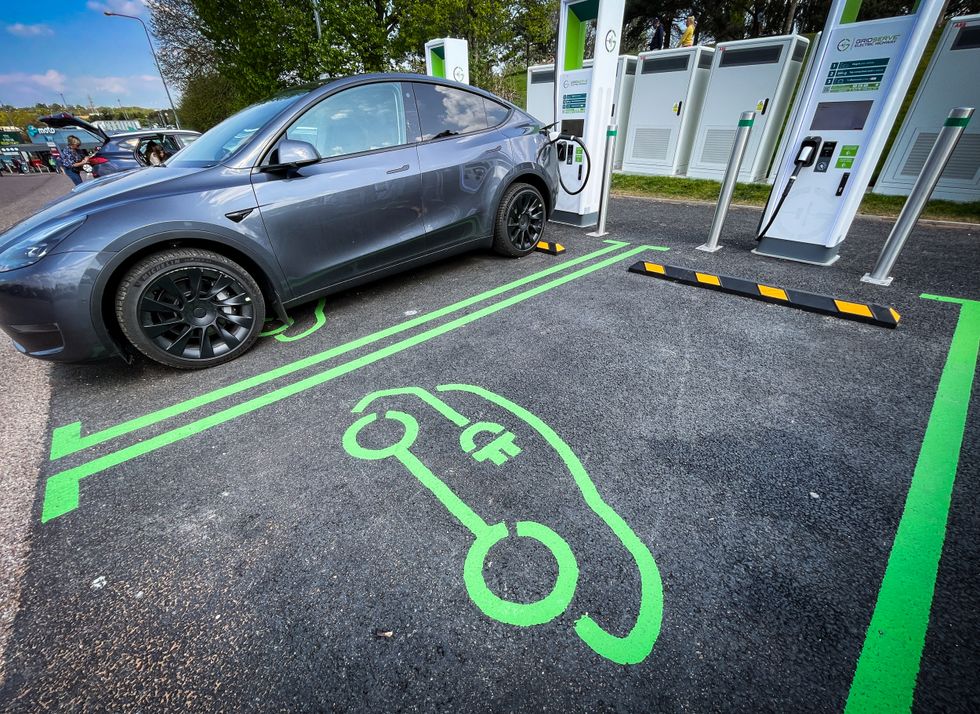 Electric cars will have to start paying Vehicle Excise Duty from April 1, 2025 | GETTY
Electric cars will have to start paying Vehicle Excise Duty from April 1, 2025 | GETTYManchester will be hit hardest by the new EV tax, contributing a staggering £23.3 million to Government coffers, representing 10 per cent of the total EV tax revenue across the entire UK.
Other significant contributors include Outer London at £13.5million (six per cent) and Windsor and Maidenhead at £11.9million (five per cent).


